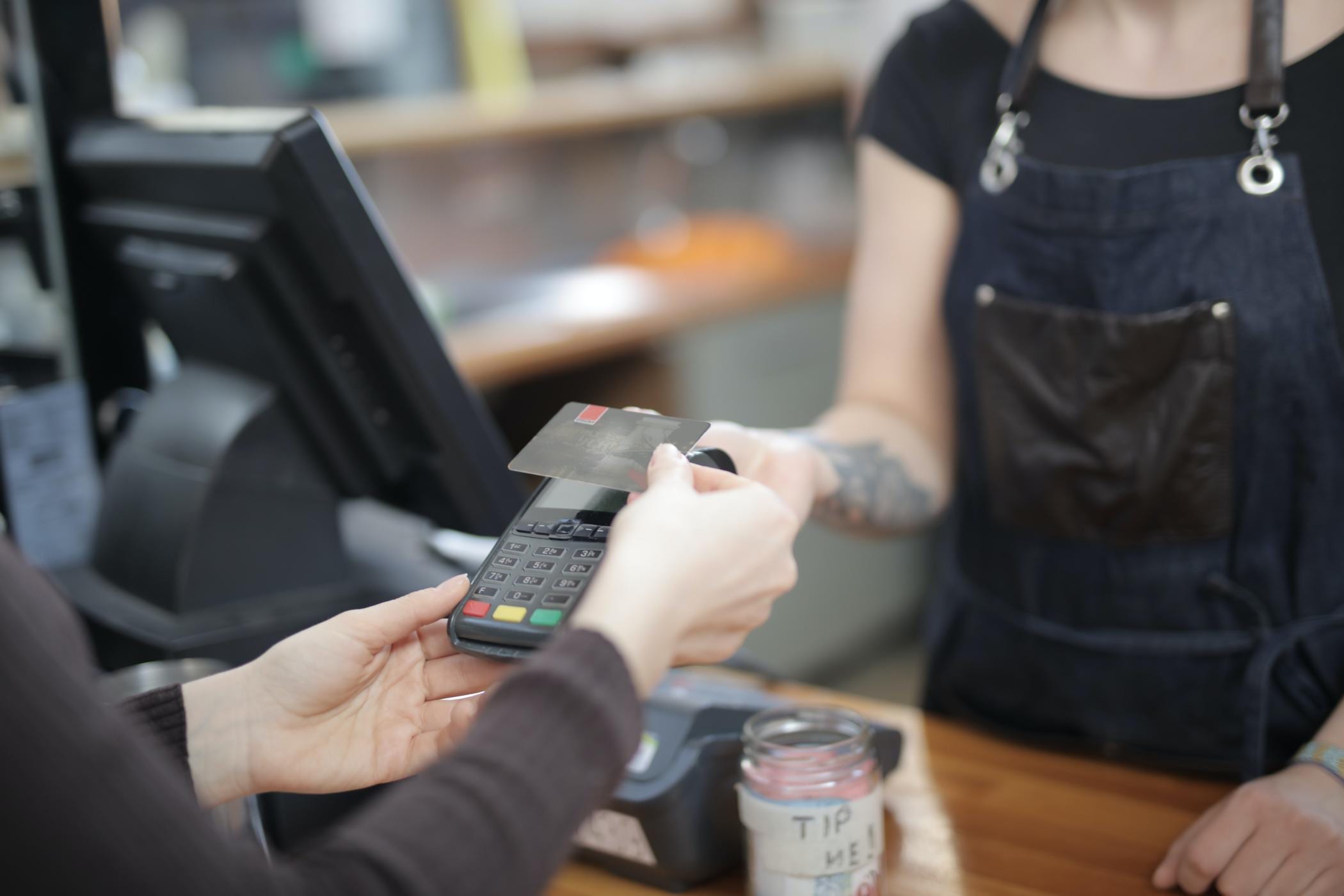Things you probably don’t know about digital payments
As a business owner, it is essential to accept digital payments and if you are accepting online payment you ought to know about the basics.
Your regular glossary of basics of digital payments contains, acquiring bank, authorization, merchant account, wallet, fraud, security, etc.
Here is the list of basic payment processing terms you need to know.
But to take things a little further, here are some essential concepts you don’t know,
Payments aggregator
If you want to accept online payments without applying or opening a merchant account, a payment aggregator is a way to go.
Payment aggregators allow small businesses to accept and process online payments. As the name suggests, it accumulates funds.
In simple terms, it is something like a merchant service where a single merchant account represents multiple merchant accounts.
Still, confused between a payment gateway and payment aggregators? Read here and get rid of that confusion.
Alternative payments provider
This term is simple enough, an alternative payments provider is a provider who provides alternative options for card payments.
These alternative payment options can be QR codes, mobile wallets, digital currencies, etc.
DBA (doing business as)
DBA or doing business as is an alternative name or a pseudonym for your business. This name appears on the cardholder’s transaction report replacing your company name.
In many cases, payment service providers allow a merchant to choose the DBA.
Hard decline
The Hard decline indicates that the card used for making the payment is not authorized to do so. The cause can be inputting invalid data, using a card that is previously reported as lost or stolen, using a card that belongs to the closed account, insufficient available credit, etc.
In the case of hard decline, the transaction can not proceed any further and thus a different form of payment is requested.
Soft decline
The main reason for a soft decline is when the transaction is approved by the issuing bank but the payment fails somewhere in the transaction process.
In this case, the customer’s bank, i.e. issuing bank declines the payment temporarily.
This often happens due to inputting incorrect details, like card number, name, etc., or insufficient balance, etc. However, a soft decline can be reattempted, and thus there is no need to shift to an alternative mode.
Escalation and dispute
As the name suggests, it is disagreement. In the case of dispute, a cardholder demands a refund on their money by contacting the respective card issuing bank. This feature is implemented against fraudulent activities. A cardholder can claim that,
- He/she did not authorize the transaction.
- He/she did not receive the product/service/goods for which the payment is done.
- He/she has no recollection of the charge and what it is for.
etc. to escalate a dispute.
Pre-authorization
Before the authorization comes a pre-authorization, where the funds are kept under a temporary hold. While the funds are on hold, they can not be withdrawn or used.
This is to make sure, that the customer pays for the services or products they have ordered. This is taken as a security measure.
Recurring payments
The recurring payment is a mode of payment where the customer’s credit card or bank account is charged on a pre-arranged recurring schedule for the goods or services he/she has purchased.
The payment is repeated on the set frequency, be it monthly, yearly, or any other till the contract or full charge is paid.
Merchant category code (MCC)
Merchant Category Code or MCC is a unique code that represents the merchant industry. It is a 4 digit code.
API
API or an Application Programming Interface is a functionality offered by a PSP for managing payment processing.
API is designed to handle tracking orders, process cards, maintain lists, integrate multiple payment methods in a single integration, etc.
Portability
In any case, if you want to transfer from one PSP to another, you have to make sure that you will be able to transfer your data to the new provider.
For this, while choosing PSP, you have to make sure that such portability is possible. Here are some pointers to keep in mind while choosing a PSP considering the data portability-
- What is the process of the data retrieving and how much time it will take?
- What type of data can be retrieved?
- What are the charges for retrieving the data?



